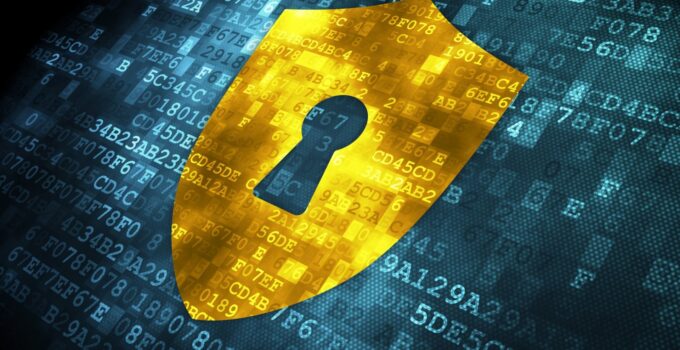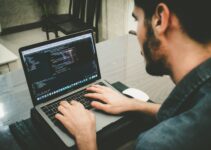Given the present global circumstances, a major part of the worldwide population has turned towards the online environment. Companies and businesses have predominantly started to not only condone but also support working from home in addition to striving to create habitable and productive online offices and workspaces for their staff and employees. Furthermore, we as individual members of society are currently incorporating technology more than ever before in our everyday activities and lives. Due to this regular technological consumption – be it at home, at the office or the virtual workspace, it is unsurprising that an alarmingly increasing number of issues related to our privacy and security have begun to surface over the recent years.
Are privacy and security that important?
The simple answer is yes, privacy and security are currently more important than ever before. This applies to both aspects of your job and your personal life. The increasing number of identity theft cases combined with the frequent data leaks from major companies serve as evidence that privacy and security should not be overlooked in the slightest.
What is the difference between the two?
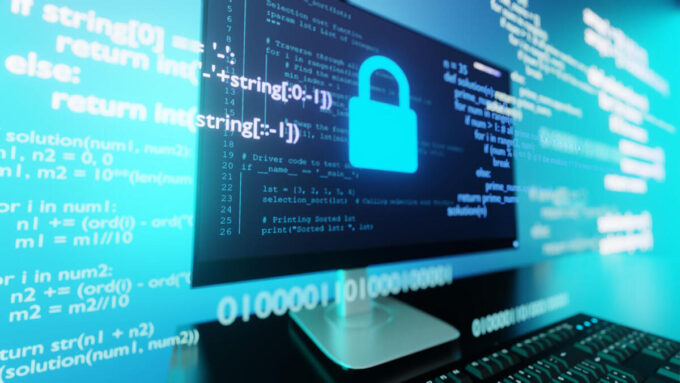
Source: techrepublic.com
Although people usually use both terms interchangeably, there is a difference between them as each one can exist independently from the other. Security in general refers to keeping yourself and your data safe. In contrast, privacy can be described as data or information that is personally related to you and can, when traced, point directly to your identity.
Let’s use an example to illustrate this more clearly. Imagine going to a concert of your favourite artist, musician or band. There are two steps that you need to complete prior to entering the venue – present your ticket and go through security. However, regardless of the order in which you need to do them, they are two separate actions that are performed independently from each other. Your ticket contains your private information such as your name, age and potentially the date of purchase, which can all be used to identify you and confirm that you are the original owner of the ticket.
However, the security staff are not interested in knowing your identity (unless you are carrying prohibited items) or where you bought the ticket from. Their main goal is to ensure the safety of the audience and people attending, meaning that you will need to go through a thorough check to make sure you are not sneaking any illegal or banned items inside of the concert, which can potentially cause harm or general disruption.
How can I protect my privacy?
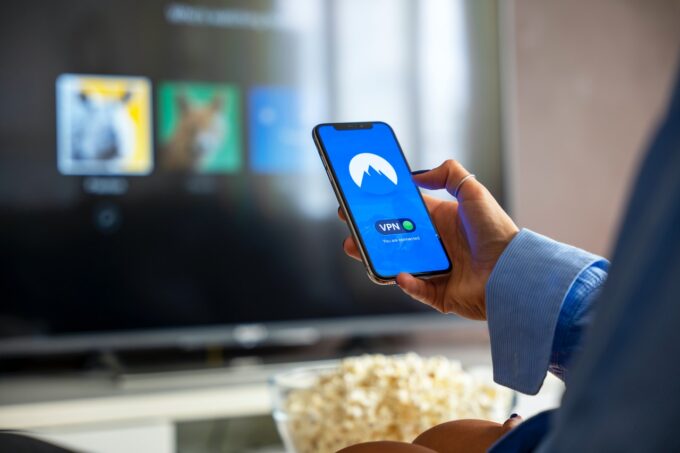
Source: unsplash.com
As we already mentioned, privacy is data or information that can be traced back to you – name, address, number and even the name of your pet and the pictures on your phone. In order to protect your privacy you need to firstly be aware of where you upload or share such information. Social media platforms are usually the largest information oceans online, which are easily available to everyone. Furthermore, people are also reluctant about the amount of information that they share on social media, commonly aware or oblivious that sometimes the most insignificant piece of information can have unforeseen consequences should it fall into the wrong hands. Because of this, be careful when sharing sensitive or potentially exploitable information on social media, as you might regret it at a certain point in the future.
In terms of online browsing you can experiment with some encryption software such as a virtual private network (VPN), which can encode your location, browsing history and traffic or at least make it appear as if you are somewhere else geographically. A VPN is especially useful when you are connected to a public WiFi network as it can help defer potential man-in-the-middle attacks.
Finally, if you have a monitoring device such as a smartwatch or anything similar, make sure that the data it collects is securely stored in a place which only you have access to.
How can I maintain my security?
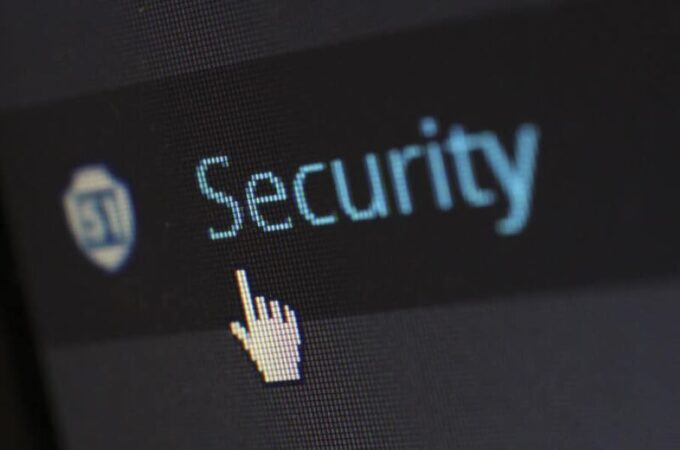
Source: broadsuite.com
Security relates to the actions that you undertake or implement in order to protect your data and your personal information. This could be anything from managing your passwords to conducting secure online transactions.
Since most websites and applications nowadays require you to register an account, ensuring that you devise a strong password is completely essential. Utilizing a random password generator is your best option as it incorporates many divergent characters and symbols, which can result in your password becoming harder to crack. Additionally, there are also password managers that are capable of creating and storing your passwords securely. Moreover, if the website or application you decided to register for supports a two-factor authentication system, ensure that you utilize it as an additional security layer.
In terms of online transactions, there is also something that you need to be watchful of. When proceeding to make a purchase ensure that the page you are currently about to buy from has an active SSL certificate, which can be identified by the presence of the padlock icon on the left of the URL field. The SSL certificate ensures that the connection is secure and any data you enter will be encrypted, meaning that your card and personal information is going to be securely stored and processed. Furthermore, you can also consider paying for certain services using cryptocurrencies such as Bitcoin due to the fact that transactions made through such currencies are encrypted and stored in the blockchain for additional security. There are many examples of companies that accept such crypto payments such as travel agencies and hosting providers like VPSBG.
Finally, make sure to have an active antivirus software. Regardless of whether it is your operating system’s default antivirus software or a premium service, it is absolutely vital to have one activated in order to protect yourself from malicious or backdoor software that aims to obtain your personal data.
Can I be completely secure and private?
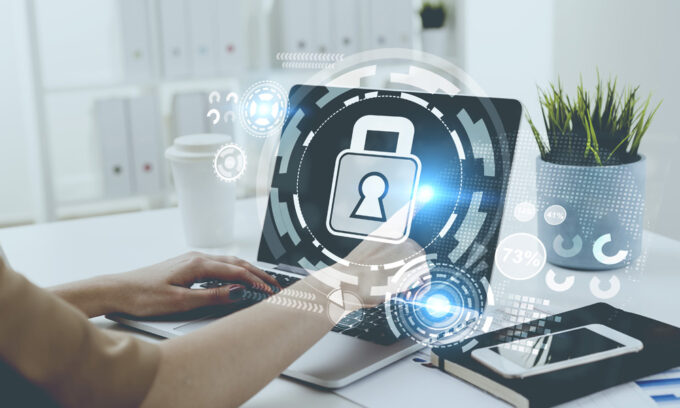
Source: everbridge.com
Given the amount of time we spend online both at work and in our leisure time, combined with the different technological devices that we utilize in our everyday activities, it is impossible to state that you can be completely secure and private. However, you can undertake and implement some of the actions and alternatives that we mentioned in this article in order to neutralize or at the very least minimize the potential negative consequence that having your data at someone else’s disposal can have.

